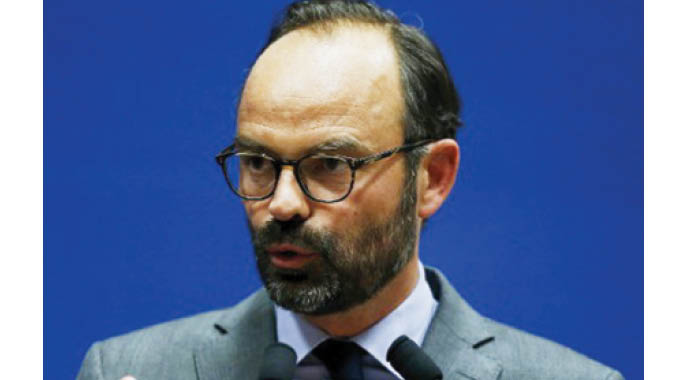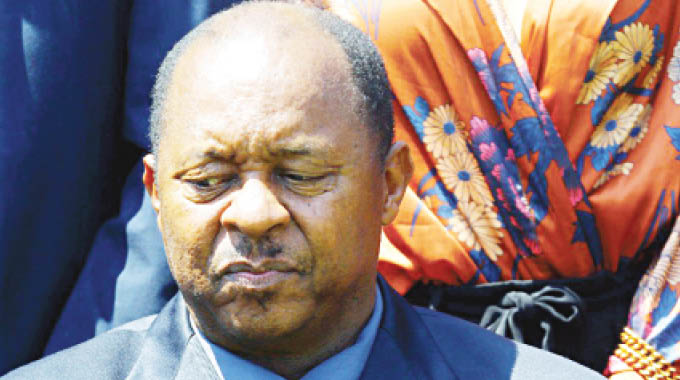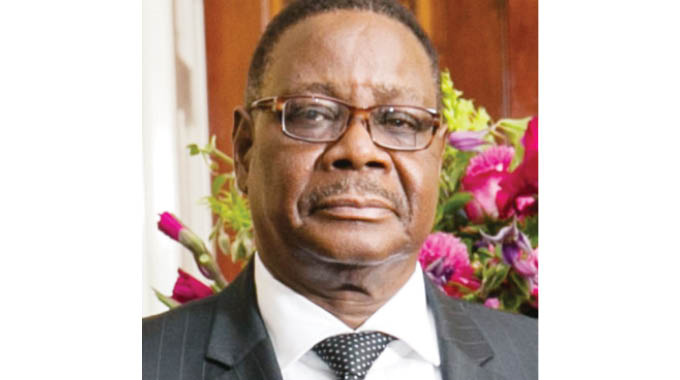Covid-19 spreads to more African countries

Kenya, Ethiopia, Sudan and Guinea announced their first confirmed cases of coronavirus on Friday as the disease has now spread to at least 18 countries in Africa.
Other African countries that reported cases of the disease are Morocco, Tunisia, Egypt, Algeria, Senegal, Togo, Cameroon, Burkina Faso, the Democratic Republic of the Congo (DRC), South Africa, Nigeria, Cote d’Ivoire, Gabon and Ghana. Most of the countries’ totals are still in single figures.
Kenya is the richest economy in East Africa and a hub for global firms and the United Nations. Ethiopia is Africa’s second-most populous nation, with 109 million citizens.
Africa had so far largely been spared the rapid spread of Covid-19, which has infected at least 132 000 and killed nearly 5 000 worldwide.
Rapid testing and quarantines have been put in place to limit transmission. But concerns are growing about the continent’s ability to handle the disease.
In the Kenyan capital Nairobi, authorities banned all major public events and said they would restrict foreign travel.
The mayor of Ethiopia’s capital Addis Ababa urged citizens to avoid close personal contact but the health minister said there were no plans to cancel flights.
Most of Africa’s reported cases were foreigners or people who had travelled abroad.
The Ethiopian case was a 48-year-old Japanese national who arrived in the country on March 4, the health ministry said.
Guinea’s first case was an employee of the European Union delegation, who had self-isolated after she felt ill upon returning from Europe, the EU delegation said.
Sudan’s first confirmed coronavirus case was a man who died on Thursday in capital Khartoum, the country’s health ministry said. He had visited the United Arab Emirates in the first week of March.
Only five people have succumbed to coronavirus so far — all in North Africa — with the Sub-Saharan region recording no deaths and very low numbers of confirmed cases.
In Rwanda, which shares a border with the DRC, which has confirmed cases, washbasins with soap and sanitiser have been placed on streets for commuters to use before boarding buses.
Authorities in Kigali, the capital, have also banned concerts, rallies and trade fairs —although church services have been proceeding and bars, restaurants and entertainment precincts remain open.
Neighbouring Burundi, meanwhile, has quarantined 34 people in a hotel in Bujumbura as a precaution.
Uganda has ordered that visitors from a number of affected countries self-quarantine for 14 days, or consider simply not visiting at all.
South Sudan’s health ministry said it was “temporarily suspending direct flights between South Sudan and all affected countries”.
Meanwhile, France shut shops, restaurants and entertainment facilities from yesterday with its 67 million people told to stay home to help fight the rapid acceleration of the coronavirus in a country where the number of cases has doubled in 72 hours.
The government had no other option, Prime Minister Edouard Philippe told a news conference after the public health authority said 91 people had died in France and almost 4 500 were now infected.
“I have decided to close all non-essential locations, notably cafes, restaurants, cinemas, nightclubs and shops,” he said. “We must absolutely limit our movements.”
– Iran said yesterday that coronavirus has killed 113 people in the past 24 hours, raising the country’s death toll to 724, a health ministry official tweeted, adding that the number of infected people had reached 13 938.
To contain the outbreak in Iran, one of the deadliest outside of China, officials have called on people to avoid unnecessary trips and stay at home.
A host of senior officials, politicians, doctors, commanders of the elite Revolutionary Guards and clerics have been infected with the virus. Several of them, including an adviser to Foreign Minister Mohammad Javad Zarif, have died, according to state media.
– Israel will use anti-terrorism tracking technology and partially shutdown its economy to minimise transmission risks, Prime Minister Benjamin Netanyahu said on Saturday.
Cyber tech monitoring would be deployed to locate people who have been in contact with those carrying the virus, subject to cabinet approval, Netanyahu told a news conference in Jerusalem.
Starting yesterday, South Korea began to subject visitors from France, Germany, Britain, Spain and the Netherlands to stricter border checks, after imposing similar rules for China, Italy and Iran suffering a major outbreak.
Apart from measuring temperature at the airport, visitors from those countries now need to download an app the South Korean government rolled out to report whether they have any symptoms related to the virus everyday. South Korea has been testing hundreds of thousands of people and tracking potential carriers like detectives, using cell phone and satellite technology.
– For reasons unknown, children rarely have severe symptoms when infected by Covid-19 and may even be a bit less likely to get the disease in the first place, experts said.
But that doesn’t mean infants, toddlers and teens are not carriers for the new coronavirus, which jumped from animals to humans in central China at the end of last year.
“Children see so many illnesses in the first years of life that their immune systems are tuned up and respond nicely to novel infection,” commented Sharon Nachman, head of paediatric infectious disease at Stony Brook Children’s Hospital in New York state. — AFP\Al Jazeera










Comments